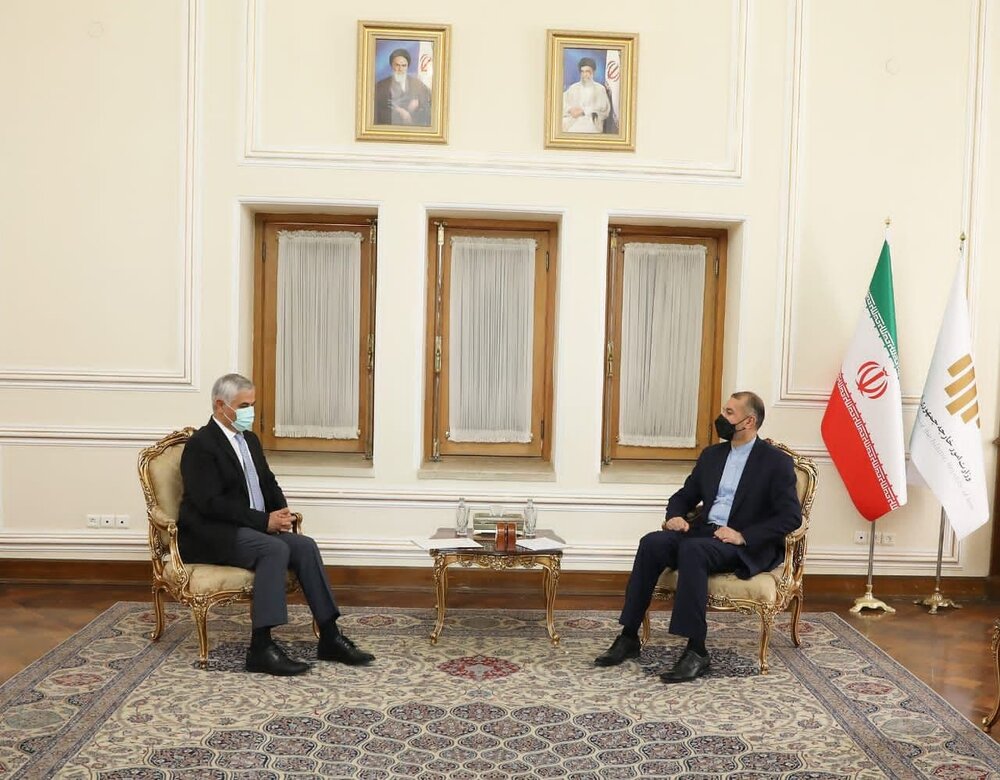
Minister of economic affairs has predicted Iran’s economy will definitely hit a single-digit inflation rate under ‘special conditions.’
Ali Tayyebnia, who was speaking on Monday in a ceremony in Tehran, said that oil-derived growth rate coming from exports of crude would not readily be felt by the public as drastic changes to better in economic conditions; “this is a mission for us to bring palpable changes and improvements to the lives of the masses; reviving small- and medium-sized industries and firms through helping them finance their debts would prove effective in moving toward a way out of recession,” he told the event. “We urge country’s banks and financial institutions to act seriously in this mission soon. Small and medium-sized industries and firms cover lives of the majority of people, and giving credits to these firms is a government policy in earnest.”
Tayyebnia also said that a common policy in the cabinet had been to encourage banks to choose individuals to the management echelons who would be incorruptible and well-versed in the banking knowledge; “individuals have in the majority of cases proved a failure, since the mechanism of their selection for top positions has been politically motivated and or they have not served banking system through their capabilities and expertise, but through cronyism which has preferred them for their connections to the high places in the government, ” he emphasized.
Tayyebnia then turned to the inflation rate; “the average inflation rate of the current month (May-June) or upcoming month (June-July) will be single-digit; we have already scored single digits in point-by-point inflation rate for last month; the inflation rate has been a down-hill path which is for the first time in the past 40 years,” he detailed.
Minister of economic affairs believed that the fiscal year ending in March 21, 2016 had been one of the harshest and most difficult years in economic history of the country, with sanctions crippling the country’s international maneuvering power along with plunging oil prices which doubled the pressure of budget deficit; “however, the economy has been rebounding, albeit in slower pace, with JCPOA and the subsequent easing of pressures on the economy, which bestow on the economy ‘special conditions;’ during the same past 40 years, the country’s economy had the lowest growth rates an economy can afford, with national income shrinking up to 20 per cent; current attempts would only restore the economy to conditions before sanctions; further growth would then be translated into a modicum of improvement in public living conditions,” he depicted the conditions.
“Government debts exceeds $155bn, which accounts for 5-6 per cent of the public spending annually, thus the prospects of repayment of this volume of debts in short terms would be quite nebulous; with interest rate of whopping 22 per cent and inflation rate of 10 per cent, a condition totally unacceptable by banking principles, efforts should focus on immediate lowering of this 22 per cent; larger part of banks’ resources fail to be channeled into productive sectors of the economy and we have effective plans to meet this challenge,” he promised.
Source: Mehrnews Agency































